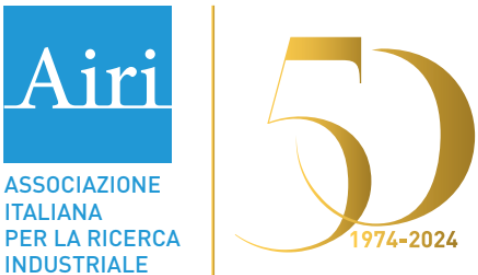Developing, designing, producing and using micro and nano electronics technologies is an enabling factor for any company willing to exploit the opportunities offered by the digital transformation, including developments in Internet of Things, artificial intelligence, robotics and automation. Innovation players are increasingly asked to address application challenges and trends such as health, -cities, -mobility, -connection, -energy, -production, space economy. In Italy, as it is shown by the recent Airi publication “Technological Priorities for the Italian Industry”, these technologies and trends are a core part of the strategy of most of national industrial research actors.
An integrated and multi-sectoral approach is needed to cope with these challenges:
- Strengthening partnership among research, tech developers and end-users (research to business e business to business), since the early stages of the R&D, in order to guide the design of the final products
- Increasing the role and capacity of innovative SMEs to develop novel applications and open new markets
- Improving competences and skills within the research and education systems
These are some of the driving forces that led to the IPCEI (Important Projects of Common European Interest) Microelectronics , notified by the European Commission on 2018 and that will end on 2024. The initiative received an overall funding of 1,75 billion euro, of which 524 million for Italy (other countries are Germany, France, UK).
IPCEI aims to increase the production and innovation capacity of the national and European system, with a focus on five application fields: energy efficient chips, power semiconductors, smart sensors, advanced optical equipment, compound materials.
The webinar has been an opportunity to have an overview of the activities and opportunities offered by IPCEI-microelectronics at national and EU level, and network with the Italian research and innovation community. Over 50 delegates attended the event, including large companies, SMEs, research centres and universities, policy makers and other organizations.
AGENDA
WELCOME AND INTRODUCTION
- Andrea Bairati, President, Italian Association for Industrial Research (Airi)
THE IPCEI MICROELECTRONICS INITIATIVE
The IPCEI strategy for the R&I system and the spillover at national level: the microelectronics case
Antonello Lapalorcia, IPCEI (Consultant, Ministry for the Economic Development-MISE)
Technologies and applications: Cosimo Musca, STMicroelectronics, Lorenza Ferrario, Bruno Kessler Foundation
Q&A
SPILLOVER ON THE NATIONAL INNOVATION ECO-SYSTEM
Experiences with research and industrial organizations (large and SMEs), in the healthcare, mobility, communication, energy, Industry 4.0, and space sectors Pierluigi Bellutti, Bruno Kessler Foundation; Pasquale Sanfilippo, STMicroelectronics,
Competences and skills for innovation: the FBK and IPCEI model for cooperation between companies and the education system Pierluigi Bellutti, Bruno Kessler Foundation
Q&A
CLOSING REMARKS
Chairs: Andrea Porcari, Claudia Pinna, Airi
INFO
Organization: Bruno Kessler Foundation, STMicroelectronics, Airi – Italian Association for Industrial Research
IPCEI website: www.ipcei-me.eu



